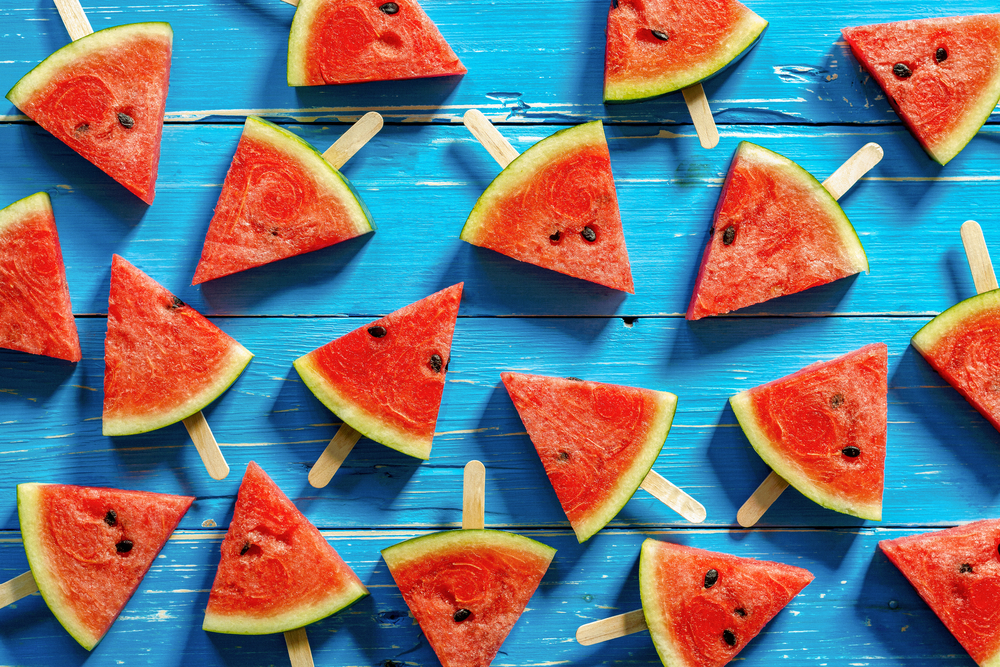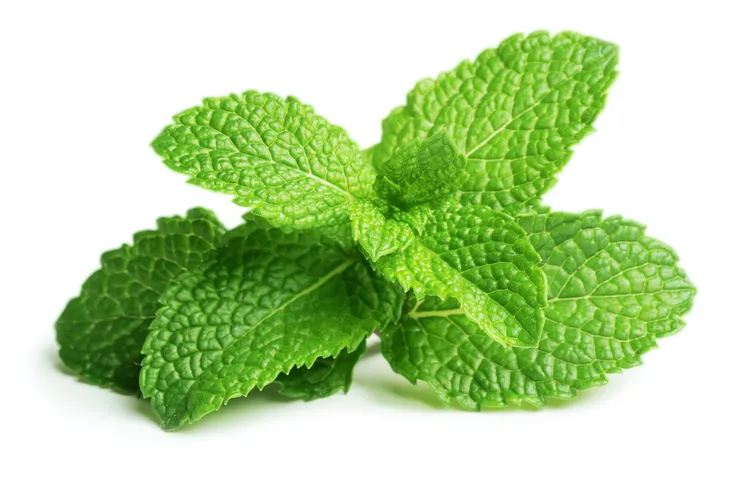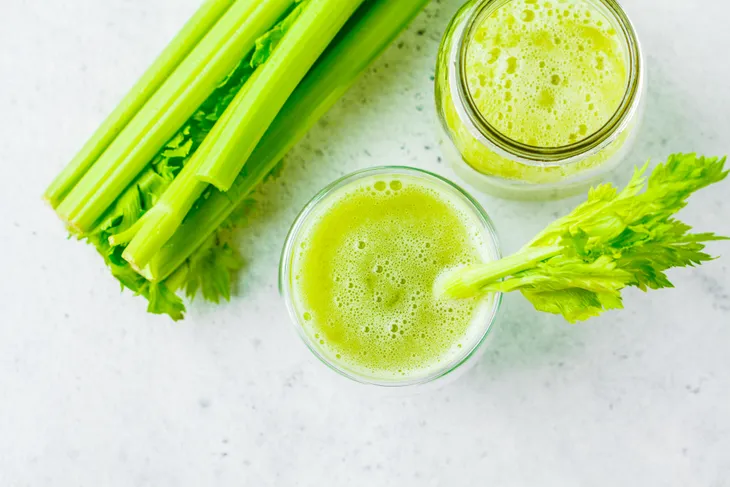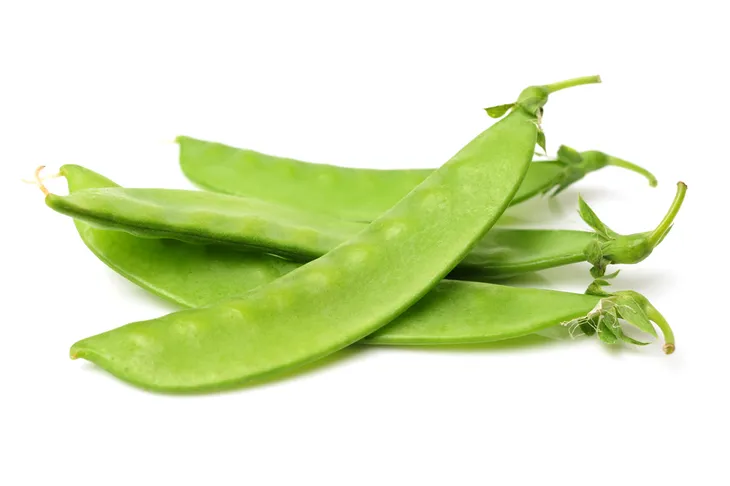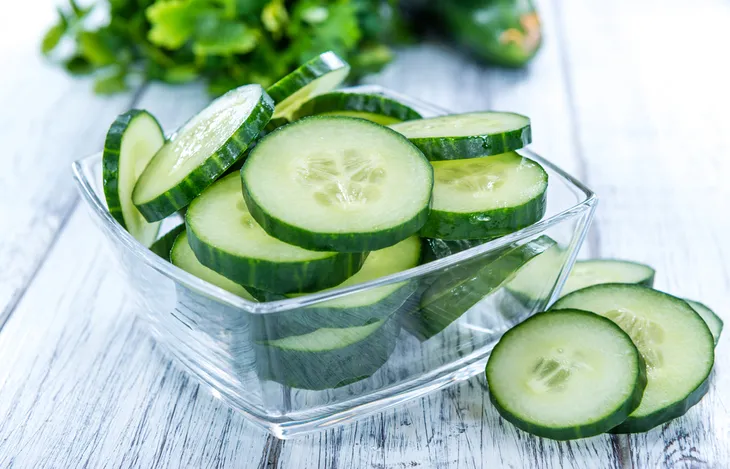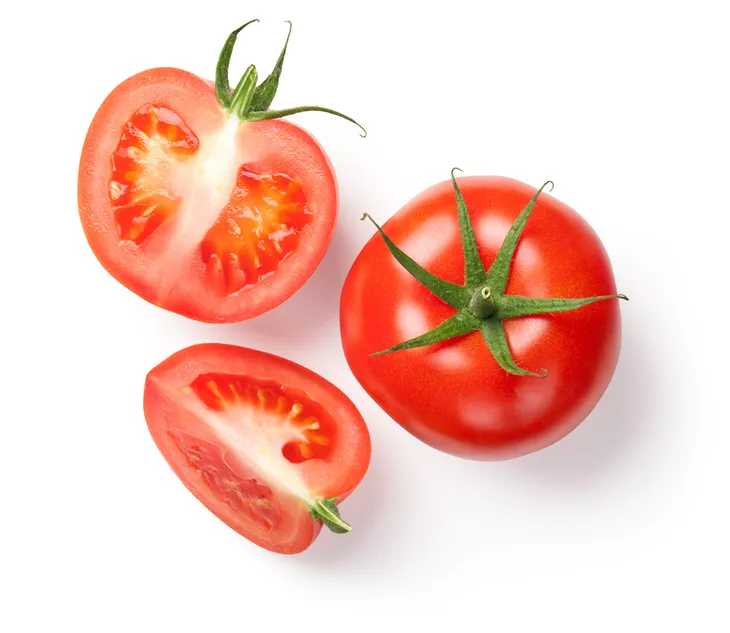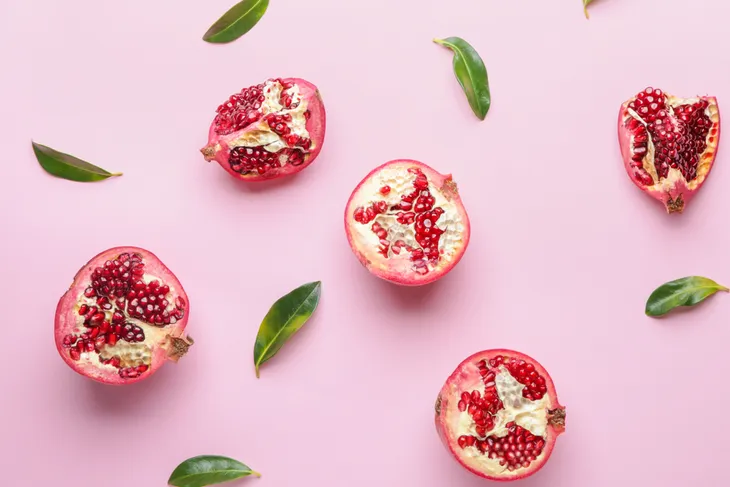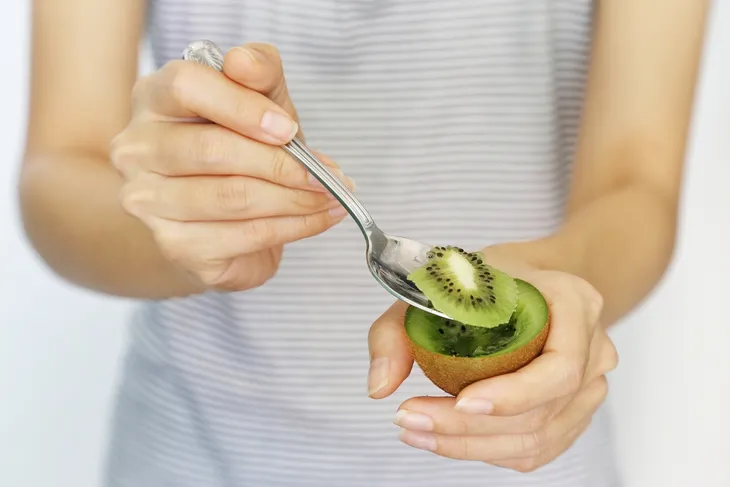Welcome to summer and days so hot that your body can quickly overheat, your basic organs unable to function. Regardless of if you’re a trained athlete or a twice-weekly walker, heat stroke can quickly occur if the body lacks hydration and is unable to cool itself down through perspiration.
Luckily, along with plenty of water on hot, humid days, the following eight hydrating foods can prevent heat stroke…
Mint
Mint is so often associated with cool. Mint in tall, cold drinks. Mint as a refreshing ice cream flavor. This herb’s cool, hydrating reputation is all thanks to a compound known as menthol.
Research from theConversation.com explains that it’s the menthol that triggers the TRPM8 protein receptor in our brains into associating mint with a cool sensation. So don’t fight the cool factor of mint, put this natural herb in your iced tea, salads, and ice cream come summer.
Celery
My dad used to joke that celery was a waste to eat because it demanded more calories to consume then it did to actually eat it. However, research shows that no one eats this crunchy, green stalk in vain. Sure, celery earns it’s low calorie reputation thanks to being made up of roughly 96-percent water.
Research from the University of Aberdeen Medical School shows that munching on just two celery stalks can rejuvenate a series of vital electrolytes that we lose through sweating (i.e., potassium, sodium, calcium, iron, zinc, magnesium, and phosphorous).
Watermelon
On a hot summer’s day, nothing is quite as refreshingly satisfying as a big, cold wedge of watermelon. Just try and eat your slice without the need for a napkin, the juices will literally run down your chin thanks to the plethora of water content within.
Data taken from the U.S. Department of Agriculture (USDA), shows that watermelon is made up of approximately 92-percent water. Similar to other melons (i.e., cantaloupe), the watermelon can trigger perspiration on the hottest, humid days. That’s why it’s the ideal beach snack.
Snow Peas
As if there was any doubt to the cooling effects of snow peas (just consider the name). On top of this veggie’s rep as a cool, hydrating machine, these crisp, green pods are also jam-packed with vitamin C.
According to registered dieticians, Stephanie Clarke and Willow Jarosh, from C & J Nutrition, foods high in vitamin C, a water-soluble antioxidant, are able to help replenish collagen and protect skin from sunburn.
Cucumber
Like watermelon, this cool, green veggie is primarily made up of water. Slice up some cucumber for a quick snack, or sandwich, salad, or dip ingredient that’s rich in both skin-cancer fighting vitamin C and plenty of dietary fiber.
Research from the Institute of Medicine finds that cucumbers are roughly 96-percent water. That means one cup of cool cucumber slices is about as thirst-quenching as a glass of water.
Tomatoes
Did you really think this article would forget to mention tomatoes? The juicy, red (or yellow or orange) fruit can quickly help to replenish your body’s fluids on a hot summer day.
Tomatoes are filled with water and fiber, which make them light yet satisfying in meals. So forgo the hot sauces and soups, and try your hand a refreshing summer salad or chilled gazpacho with plenty of hydrating tomatoes.
Pomegranate
Yes, I know that pomegranate is a fruit typically associated with winter holidays. In fact, my mom tucks one in our Christmas stockings each and every year. However, the pomegranate boasts numerous health benefits that certainly come in handy during the summer months too.
Open a pomegranate to reveal the juicy yet tart ruby seeds, known as arils. According to research from the National Institutes of Health, the juice within these seeds is packed with hydrating properties and antioxidants, and ellagitannins and hydrolysable tannins, which contain more detoxing powers than green tea and red wine.
Kiwi
No one challenges the juiciness of the kiwi fruit. Slice one in half and try to eat it with your fingers and you will soon have kiwi juice running down your chin. See, the kiwi always wins the battle of hydration.
Research from the Institute of Medicine, shows that thanks to all of that juiciness, plus plenty of the vital electrolyte, potassium, which is associated with muscle contraction, kidney function, and keeping the heart (a muscle) pumping, kiwi can help keep heat stroke at bay.
